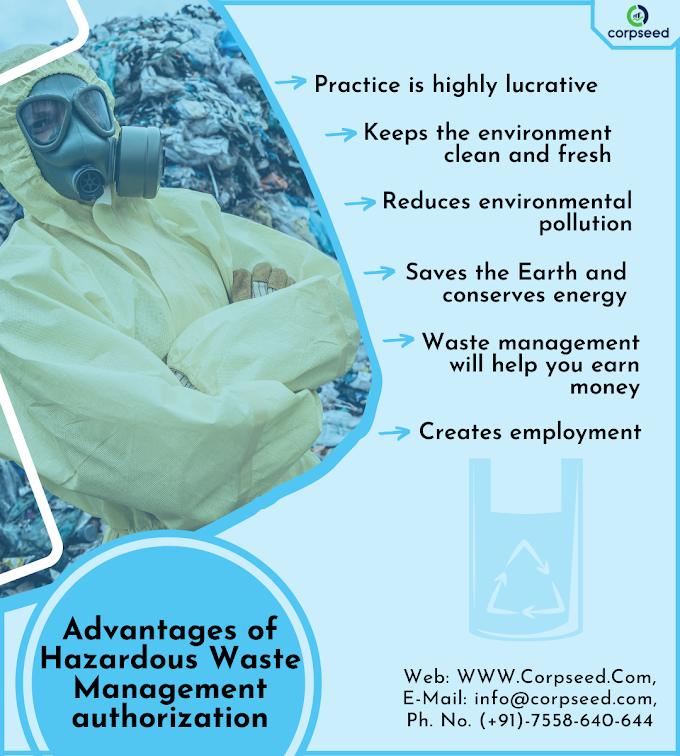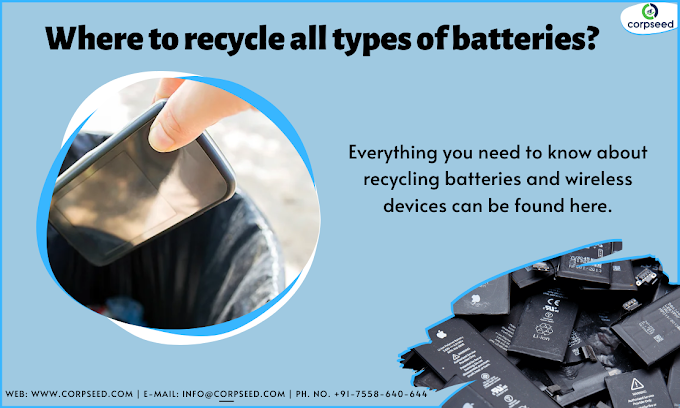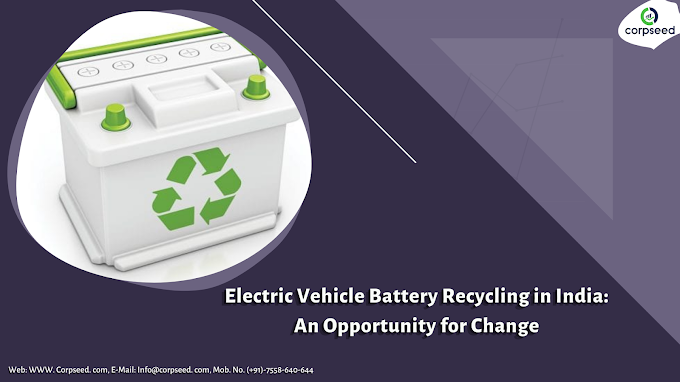What is a Inorganic Waste? and their Classification.
Any material or product discarded is considered waste. Waste can be in any physical state (solid, semi-solid, liquid, or gaseous) and this is one of the keys to depositing it in the different containers. There are several types of waste, including inorganic ones. But what is ino…
What is Waste Management? And The Benefits of Waste Management.
The term “ Waste Management ” collectively describes the management of waste from its creation to its final disposal. As a unit, therefore, it includes the right to the collection, disposal, and recycling, which includes monitoring and regulatory processes, as well as the legal …
Could Your Business Benefit From Hazardous Waste Disposal?
As our world moves towards a more world-conscious society, good waste management practices become more important than ever. From toxic cleanups and emergency procedures to lab container disposal and industrial cleanings, non-hazardous, and hazardous waste disposal is becoming …
How Can You Treat Hazardous Waste Without A Treatment Permit?
Any a business that intends to "treat" hazardous waste must obtain a processing license from EPA under the federal Resource Conservation and Recovery Act (RCRA). Keep in mind that EPA views almost every aspect of hazardous waste disposal as an example of "treatm…
Where to recycle all types of batteries? Everything you need to know about recycling batteries and wireless devices can be found here.
If you're like me, you probably have a drawer with dozens of dead batteries (and maybe an electric toothbrush) that you can't do anything with. Today this confusion ends. Everything you need to know about recycling batteries and wireless devices can be found here. …
How to Recycle your old electronic devices?
Indians dump thousands of tons of e-waste in landfills every year. Much of this e-waste is the result of the constant need for businesses and consumers to improve their technology. This long list of electronic products includes new computers, laptops, handheld devices, and ser…
Electric Vehicle Battery Recycling in India: An Opportunity for Change and save a environment. | corpseed
India lacks adequate legislation to prevent illegal dumping of used lithium batteries Electric vehicles (EVs) are part of the new normal as the global transportation industry undergoes a paradigm shift and promotes cleaner and greener vehicles. Like its Western counterparts …
Popular Posts
Subscribe Us
Footer Menu Widget
Copyright (c) 2020 Corpseed All Right Reseved







